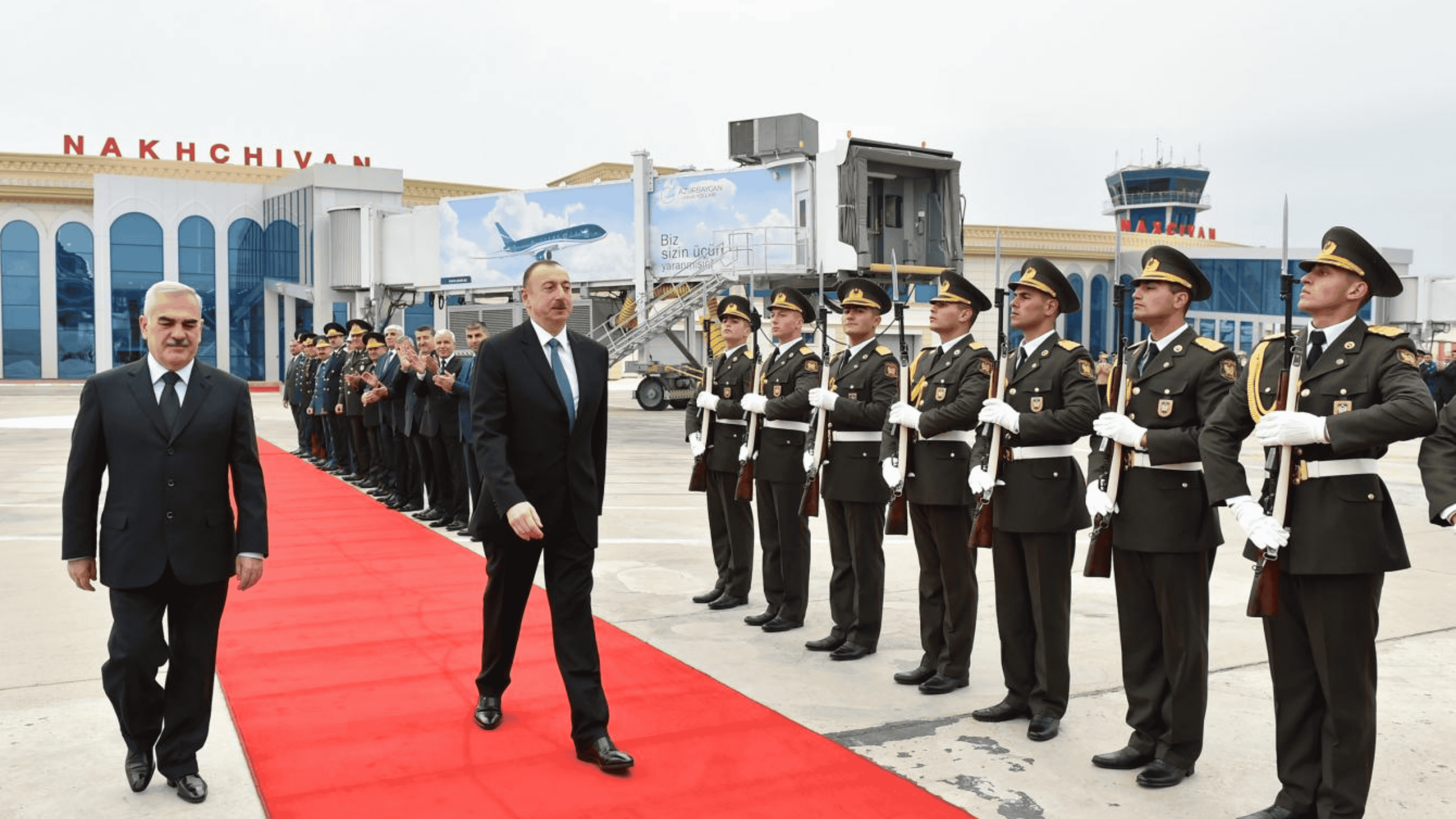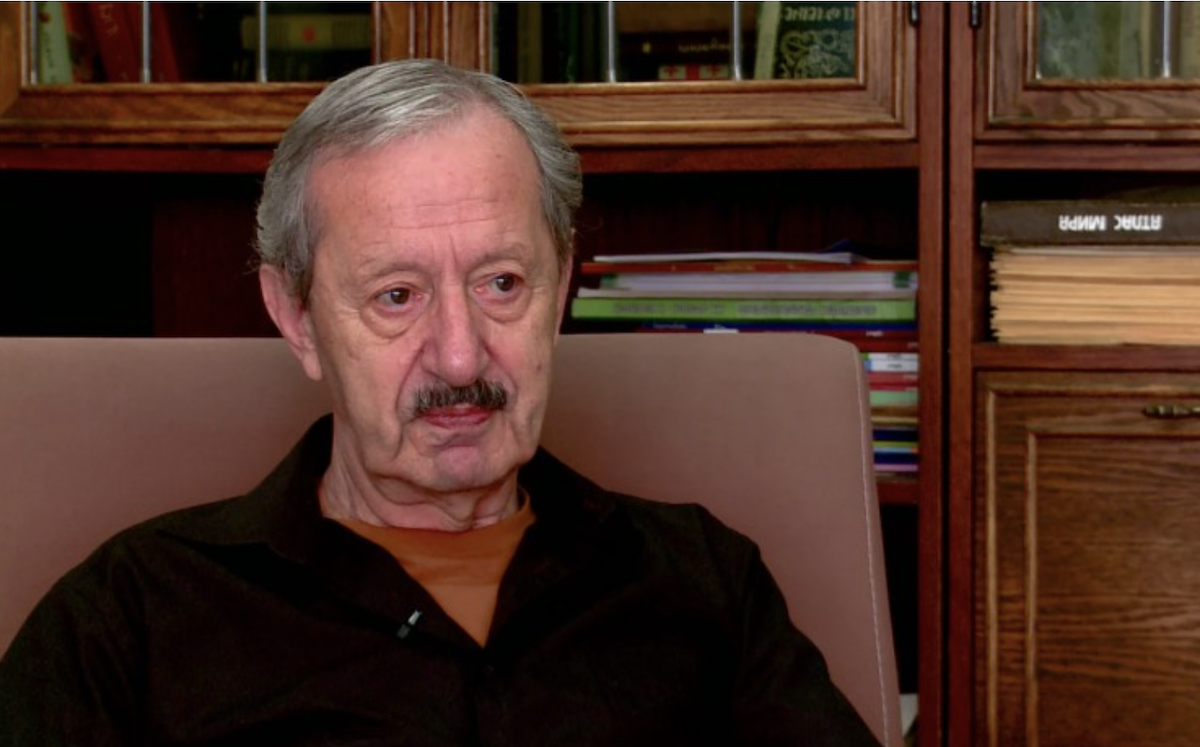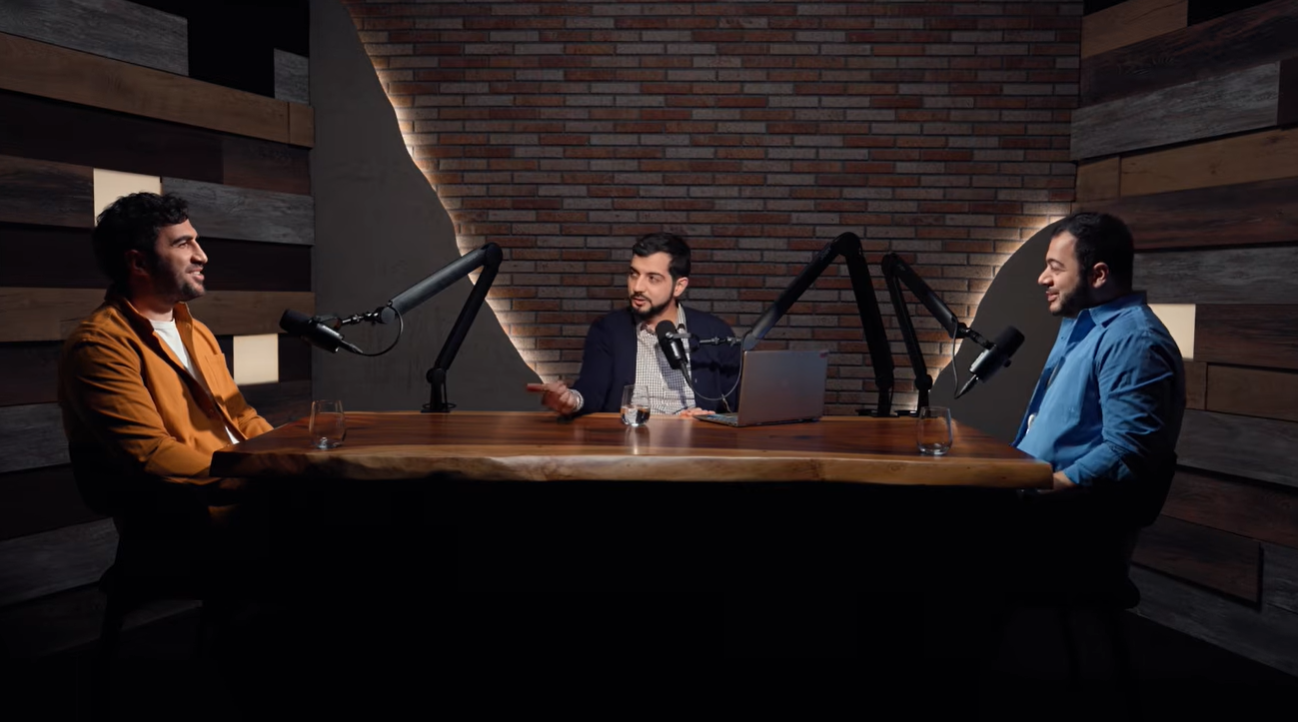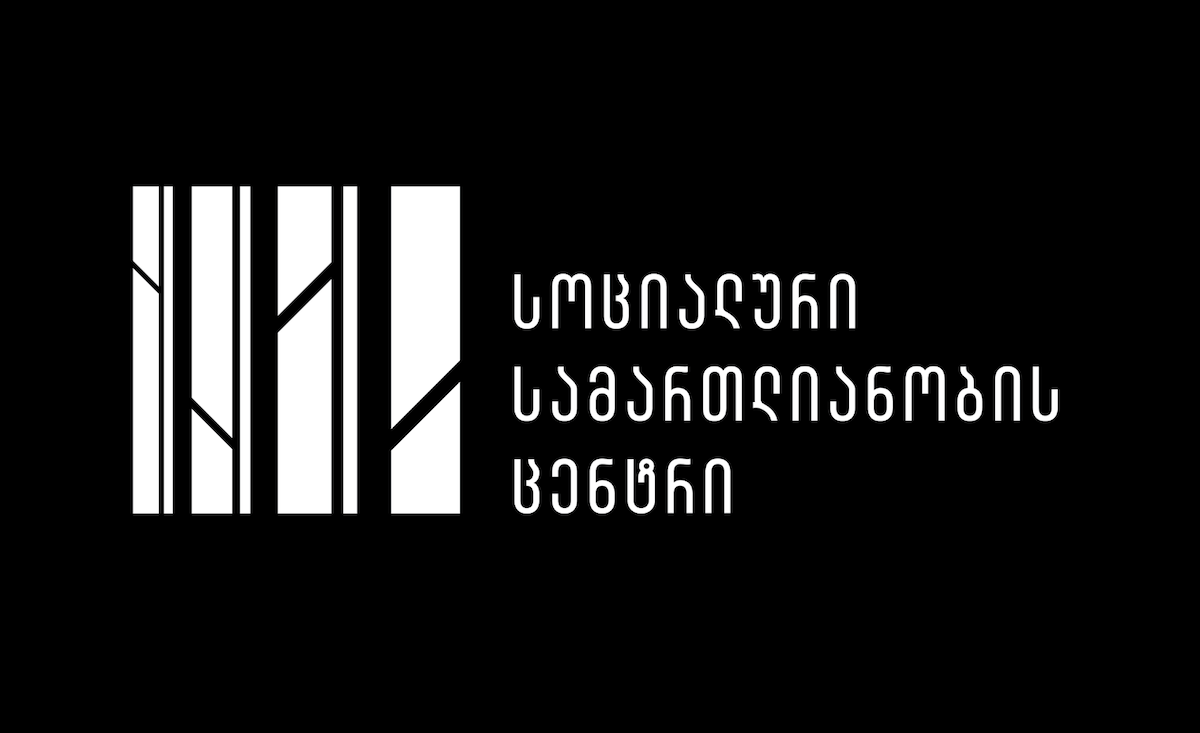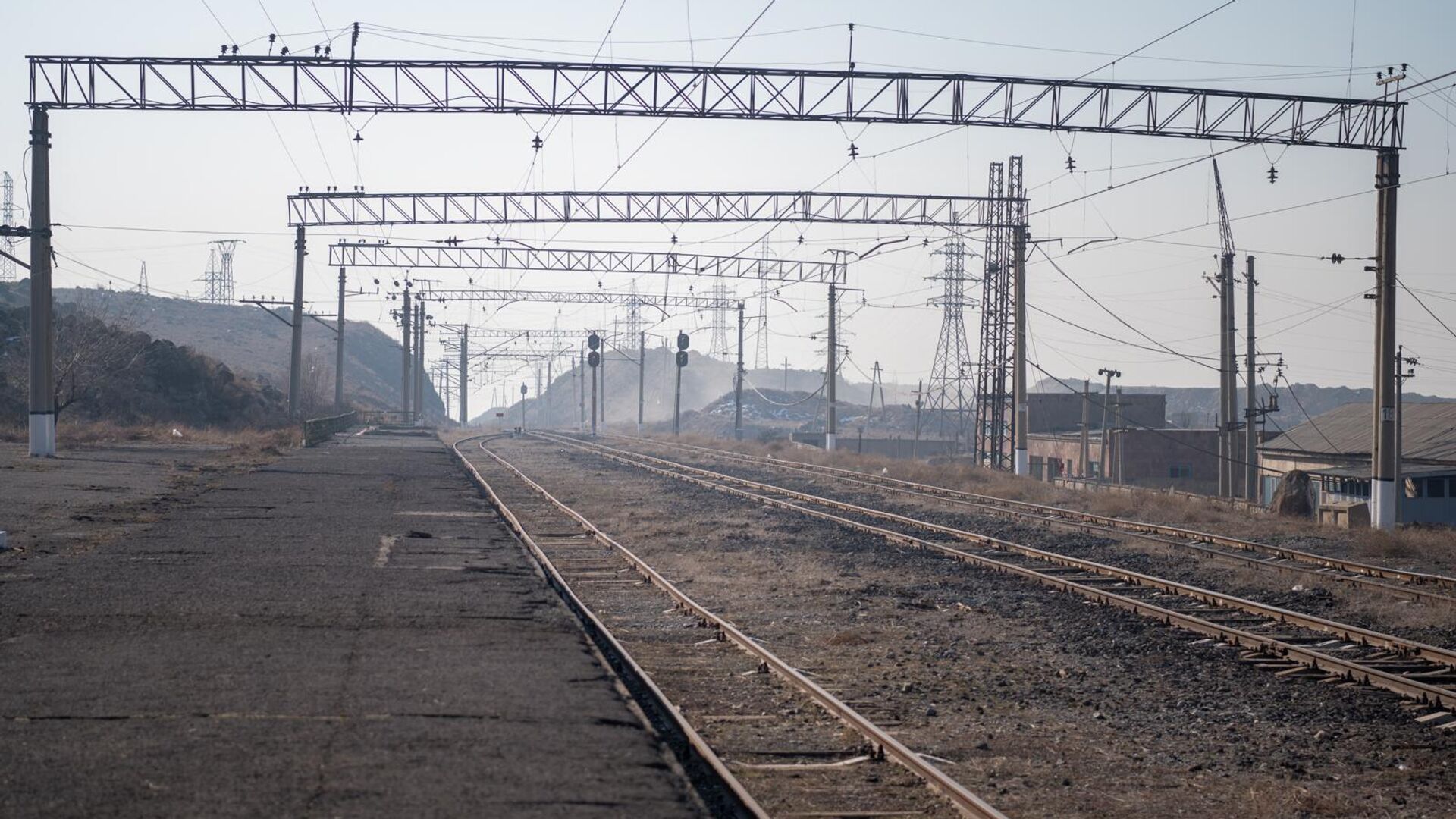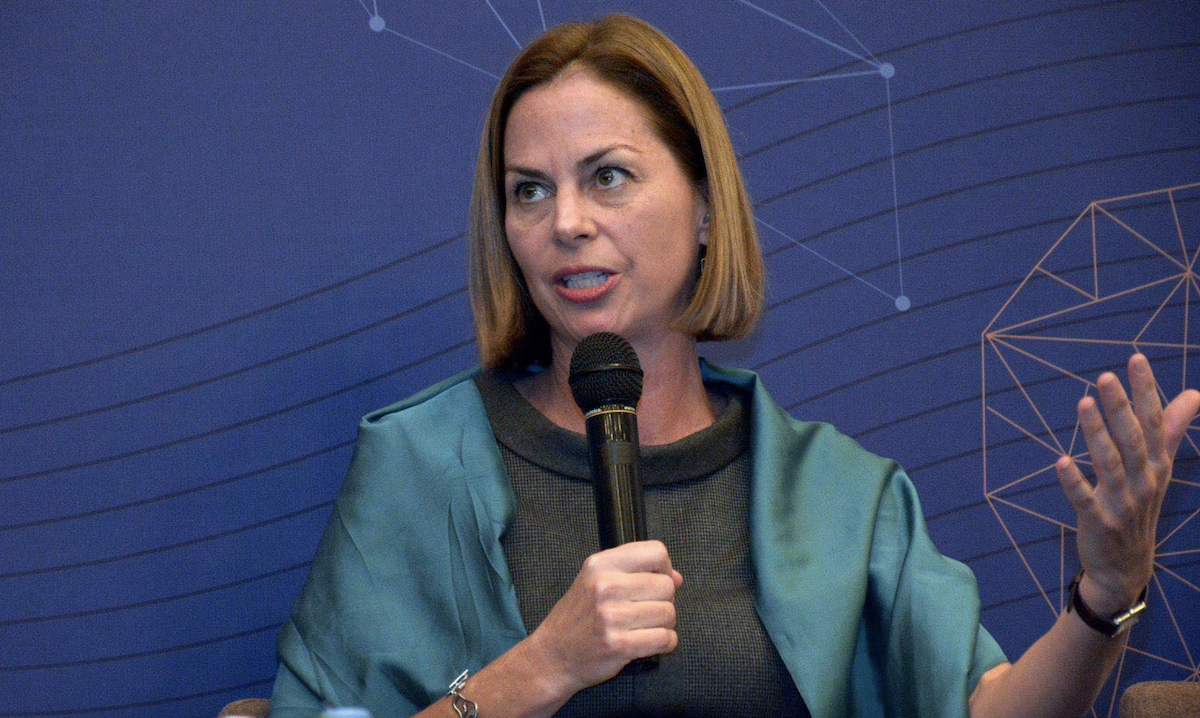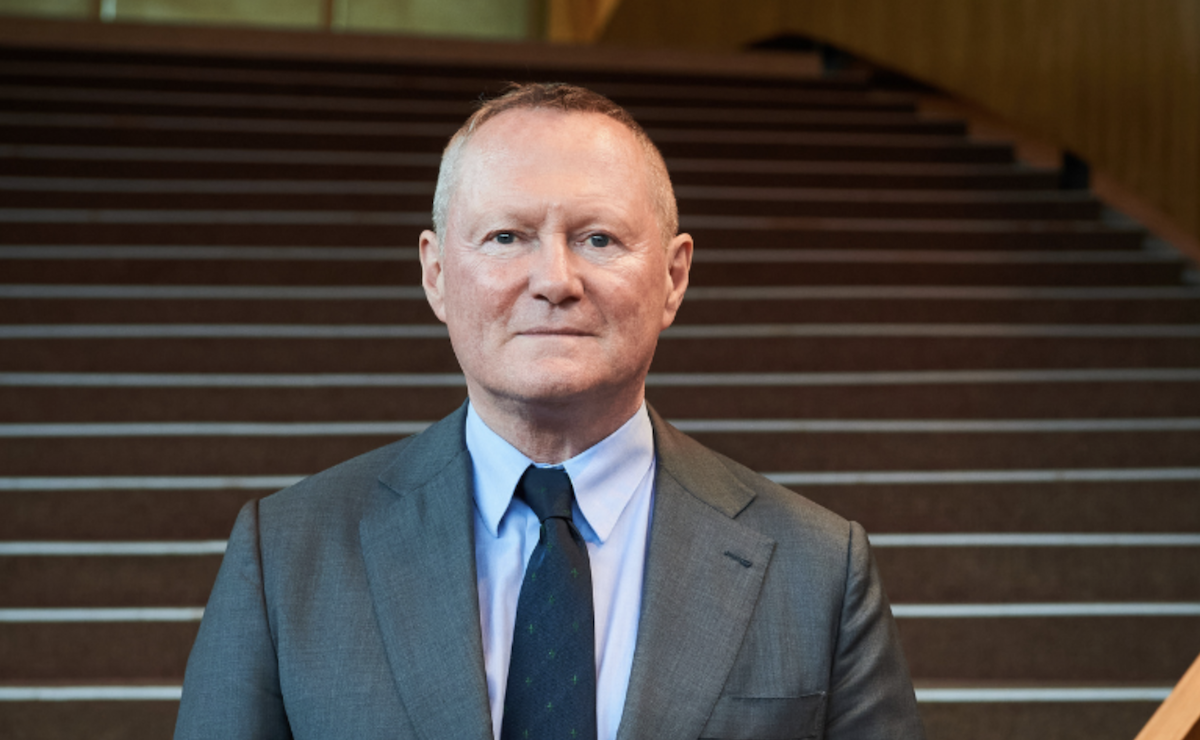Opinion: What should Georgia’s policy be on Abkhazians?
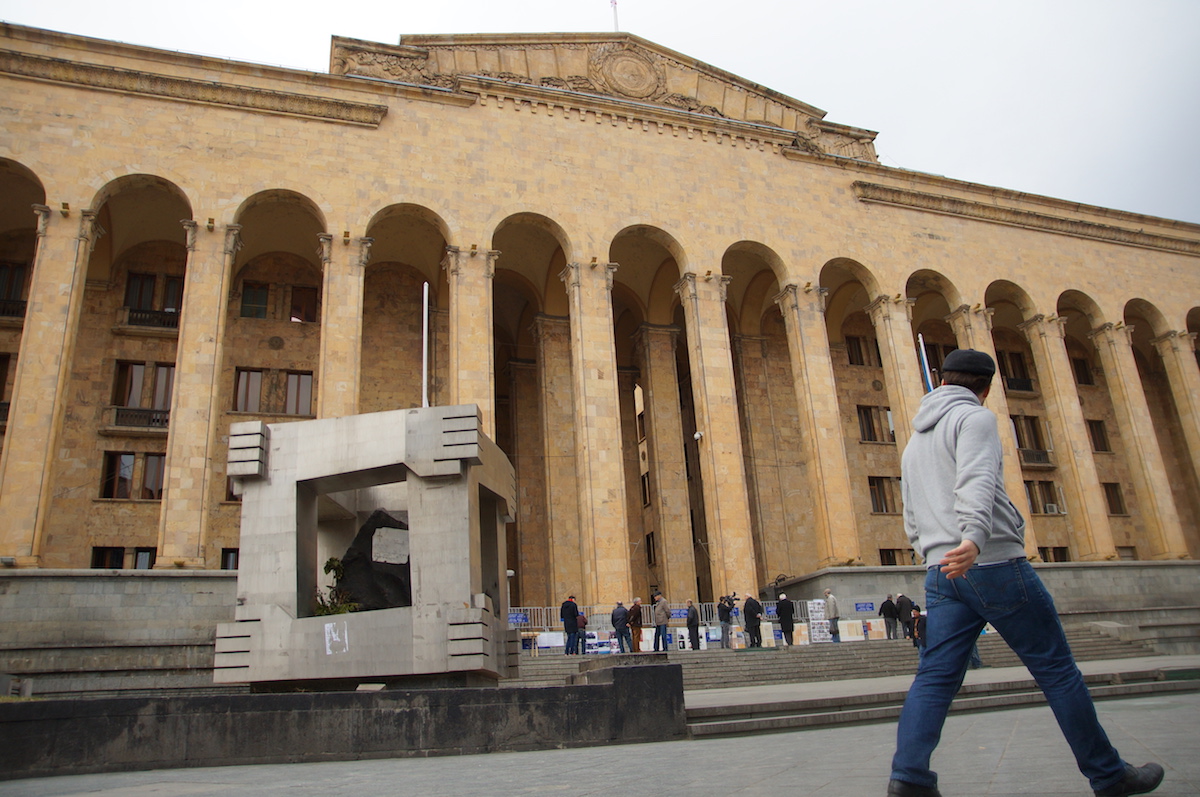
Georgia’s policy towards Abkhazians hasn’t been successful for a long time. By “for a long time”, I mean not only the last 25 years, but even earlier (at least since the 1970s), with the Abkhazian issue being aggravated more than once.
The fact is that at least in recent decades, Georgia has pursued an erroneous policy towards Abkhazia, and failed to implement its political integration. We easily blame the entirety of the Russian Empire, but if we want a serious discussion about the problem, then we need to forget about this simple speculation. The Russian Empire was not happy with Abkhazia’s political integration into Georgia, that’s a fact, but we must admit that Russia could not have created these problems if we had acted properly.
First of all, we need to recognize one fundamental problem: the fact that Abkhazians relate to Georgians like they do to enemies who have no place in Abkhazia. This problem gives rise to another, no less important one: some Georgians know almost nothing about this Abkhazian attitude. Some know, but don’t want to find out what caused this attitude that Abkhazians have towards Georgians. For 25 years, from the beginning days of the war in Abkhazia, no one has questioned this issue on a serious level.
So, how is Georgia going to seek reconciliation with Abkhazia if we don’t even know why Abkhazians are so angry at us?
Georgian authorities are trying to appeal to Abkhazians with free medical services and the achievements of Georgia as a whole. Does this policy justify itself? In my point of view, no. Since there are fundamental problems in the existing conditions mentioned above, such courting will not work. It’s wonderful when Abkhazians come to Tbilisi or Batumi, it lets them see who time is working for, and imagine themselves at what level we will be, and at what level they will remain in the next 25 years.
But free treatment for Abkhazians in Georgia is reminiscent of reparations, something like the compensation citizens of Israel receive from Germany: the Georgian fascists must treat them for free. Gratitude from those treated, not to mention a call to return to Georgia, have yet to be heard.
Effective policies should be based on accurate calculations, not on emotions. Free healthcare, free electricity and the “Mshibzia” (“Hello”) campaign are either fruits of an emotional approach, or a miscalculation.
Thus, for things to work we should take directions that will be based on logically correct and indisputable assumptions.
The First Assumption
Abkhazians’ hostile attitude towards Georgians hampers reconciliation. Based on this, it’s necessary to start a serious study to identify the causes of this attitude. If it turns out that this is due to falsification of history and Russian propaganda, then it’s necessary to take solid countermeasures, narratives, messages, etc. Of course, this will only work when the issue has been studied at a serious level, and the truth is revealed – not just what Georgians will be happy to hear.
In parallel, Georgia must try to break through the information blockade surrounding Abkhazians. Under the influence of Russian propaganda, Abkhazians have a distorted view, not just about Georgia, but also about the west. Without a Russian-speaking Georgian TV channel, this problem will be very difficult to resolve (especially when no Russian-speaking European channel has been established for the same purpose either).
But after all, can’t Russian-language internet sources be developed? Ones that will offer the consumer not only a news digest, but also modern Georgian films and series dubbed in Russian, modern Georgian prose and poetry translated into Russian – what constitutes Georgia’s “soft power” that is. This way, Abkhazians can be shown that Georgians are normal people.
The Second Assumption
Time is working against Abkhazians, and if they realize this, they should open a dialogue. Therefore, Georgia must contribute to helping the Abkhaz people in the quickest and clearest realization of reality. From this point of view, Abkhazian visits to territories controlled by Georgia are really useful. However, at the same time, these visits should not be associated with any apologies or deceitful attempts to lure Abkhazians into a single Georgia.
Abkhazians should just see for themselves that Georgia is developing, and again, that Georgians are also people, the same as them. The only difference is that they live better, because of state institutions and strong established contacts with the outside world (which Abkhazians do not have, and will not have without reconciliations with Georgia).
The fact that the attempt to lure and apologize is counterproductive is well supported by recent history. Abkhazians perceive attempts to lure them as signs of desperation (free healthcare is likely be placed in this context), which makes them think that Georgia will die without a dialogue with them, and for the sake of it will go for any concessions, including recognition of independence. Apologies convince them that they were right in everything 25 years ago (international organizations that don’t know the history of the Georgian-Abkhaz conflict may also think this too).
The Third Assumption
Abkhazians will want to live in Georgia if they see that Georgia treats its own citizens well. Therefore, it is wrong to grant privileges to Abkhazians that are not available to Georgian citizens (holding Georgian passports). At one time, even under the USSR, granting Abkhazians privileges for the sake of satisfying their desires only led to the fact that many Georgians living there registered themselves as Abkhazians. This would likely happen again now. And it is surely one more reason to stop positive discrimination (free electricity, or healthcare).
Georgians greet guests respectfully, but money collected from our taxpayers should be spent on those who consider themselves citizens of Georgia.
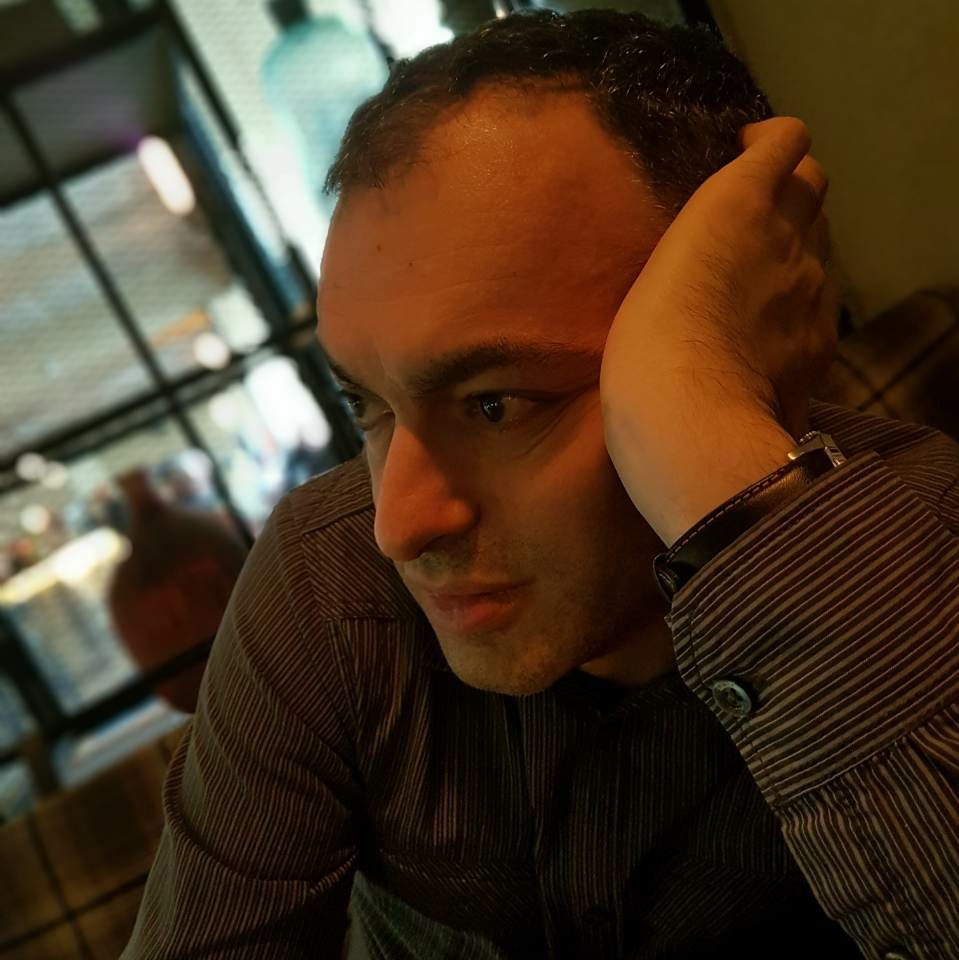
Tornike Sharashenidze is a professor at the Georgian Institute of Public Affairs (GIPA)










